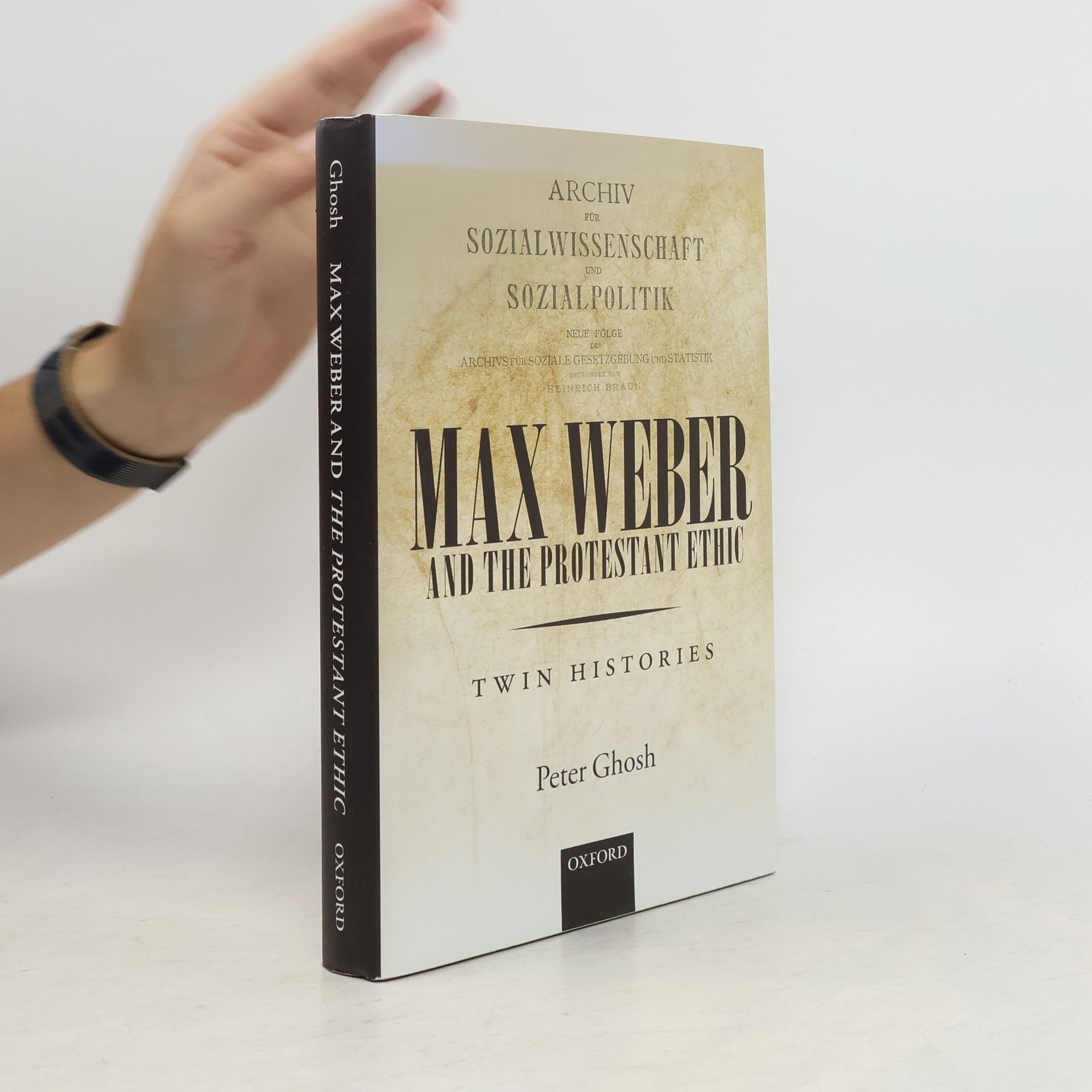Max Weber and 'The Protestant Ethic': Twin Histories
- 424bladzijden
- 15 uur lezen
Focusing on Max Weber's influential work, The Protestant Ethic and the Spirit of Capitalism, this intellectual biography explores his broader social, political, and religious ideas. It contextualizes Weber's theories within the historical landscape of his time, examining how his thoughts shaped and were shaped by contemporary societal dynamics. The book offers insights into Weber's impact on modern sociology and the interplay between religion and economic behavior, providing a comprehensive understanding of his legacy.
